- Seven civilians, including infant, killed in junta airstrikes on Kyauktaw and Mrauk-U
- The Mizoram Hard Journey (or) Sailing Up the Kaladan
- Arakan Army expands operations into Sagaing Region, seizes four junta camps
- ULA purchases paddy from farmers amid market shortage in Arakan State
- After Arakan fighting, Taungup residents struggle to rebuild homes
COVID-19 outbreak brings no noted easing of hostilities in Arakan State
Arakan State has become the new front line in Myanmar’s fight to contain and treat COVID-19, but that does not appear to have led to reduced collateral damage from the ongoing armed conflict in the state.
03 Sep 2020
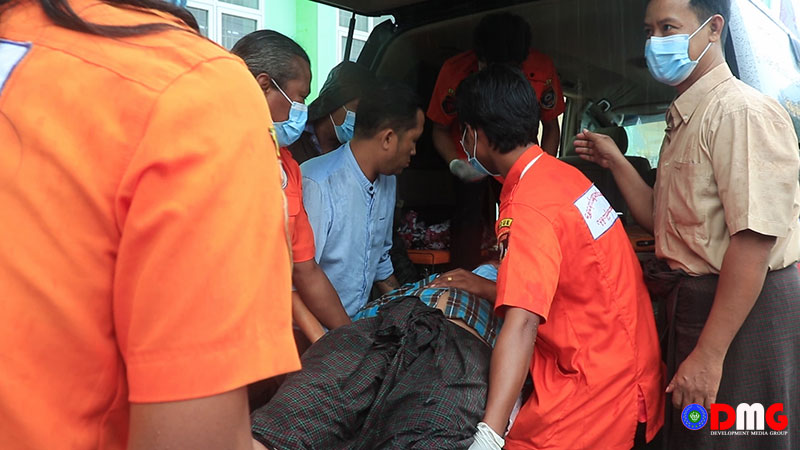
Aung Htein | DMG
3 September, Sittwe
Arakan State has become the new front line in Myanmar’s fight to contain and treat COVID-19, but that does not appear to have led to reduced collateral damage from the ongoing armed conflict in the state.
According to figures compiled by DMG, at least nine civilians were killed and 30 others were injured in Arakan State from August 1-31, with gunshot wounds, artillery shell shrapnel and landmines among the conflict-related causes.
These incidents are a worrying and sad situation for their respective communities, said Pyithu Hluttaw lawmaker U Oo Tun Win of Kyauktaw Township.
“All institutions that represent the people need to reduce their ego for the best interests of the people if they are giving consideration to people, if they have goodwill for the people and if they are working for the people,” he said.
The Tatmadaw on August 24 announced that it would extend its unilateral ceasefire through the end of September in order to facilitate efforts to combat the coronavirus pandemic and honour its obligations under recent peace agreements. However, the extension notably does not include Arakan State, which is grappling with both armed conflict and the ongoing COVID-19 outbreak.
Meanwhile, three ethnic armed groups including the Arakan Army (AA) issued a 70-day extension of a previously declared unilateral ceasefire on September 1, with the olive branch coming in light of the pandemic and intended also to ease conditions for holding Myanmar’s general election on November 8.
The twin ceasefires have done little to reduce hostilities in Arakan State.
President’s Office spokesperson U Zaw Htay told journalists at a news conference during the Union Peace Conference on August 21 that the AA should not do “terrorist acts” at a time of rising COVID-19 infections.
“I’d like to tell AA not to stage violent attacks, ambush or arrest at the moment because these acts are inhumane acts,” U Zaw Htay said.
Regardless of who is most responsible for the ongoing hostilities, what is clear is that civilians are bearing the brunt of the conflict’s consequences.
Ko Bekka, who assists internally displaced people (IDPs), said clashes continue to plague Arakan State as worries and suffering rise amid a COVID-19 outbreak.
“Heavy weapons are always launched. Some villagers from our township were injured because of artillery shells landing in the village. Arakan State is facing challenges,” he said.
The conflict between the Tatmadaw and the Arakan Army (AA) in Arakan State is approaching its two-year mark and military tensions remain high. The number of IDPs in the state has reached about 200,000.
Arakan State had recorded a total of 495 COVID-19 cases as of September 3, with all but 16 of them reported since August 16.




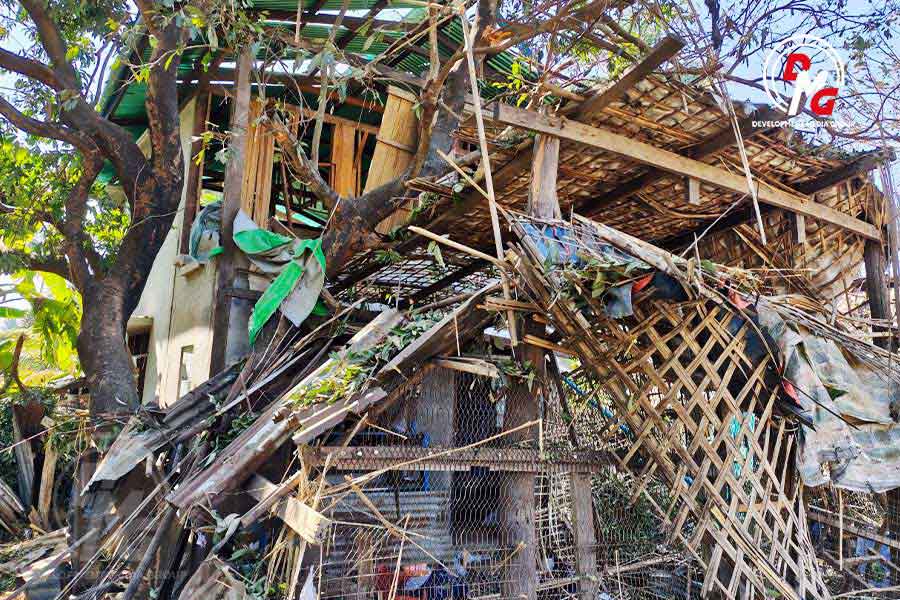
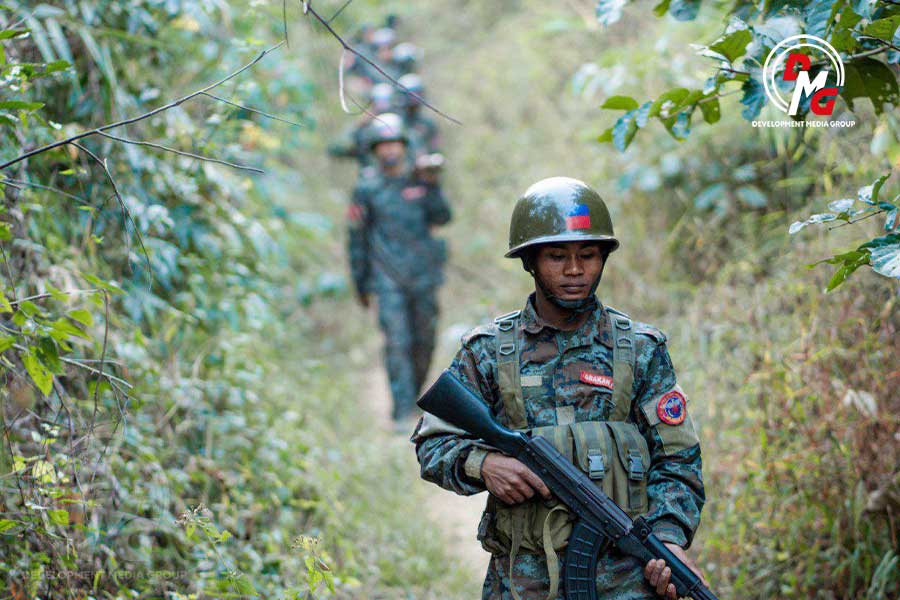
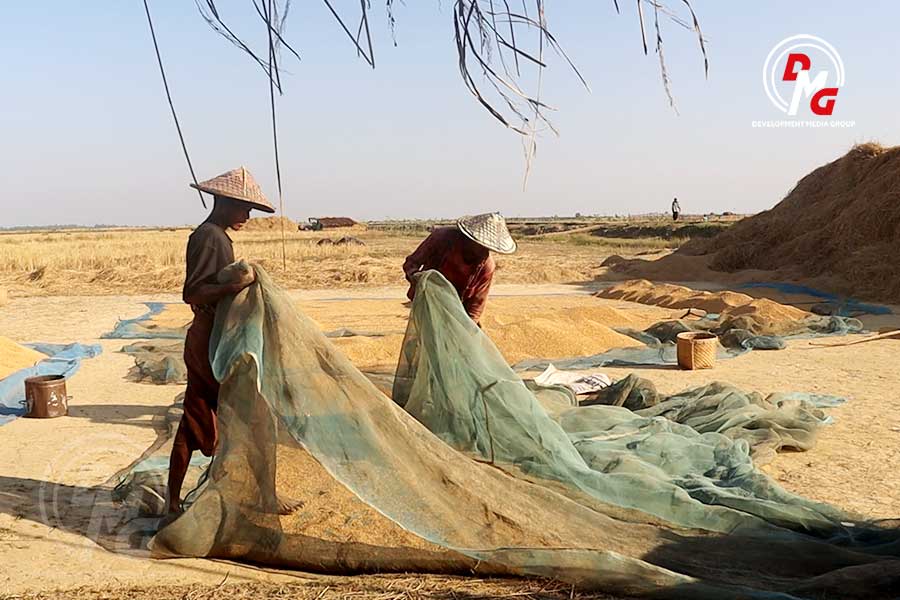
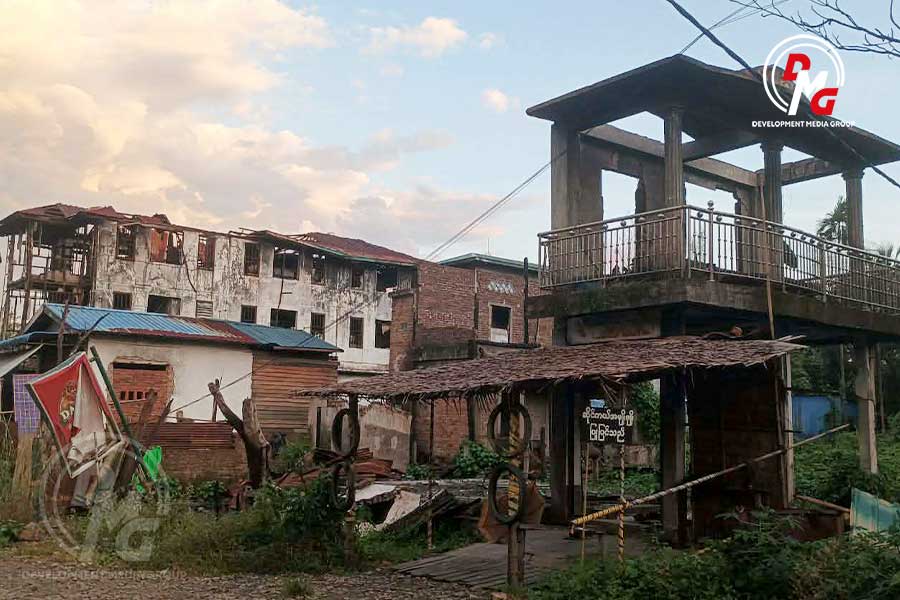
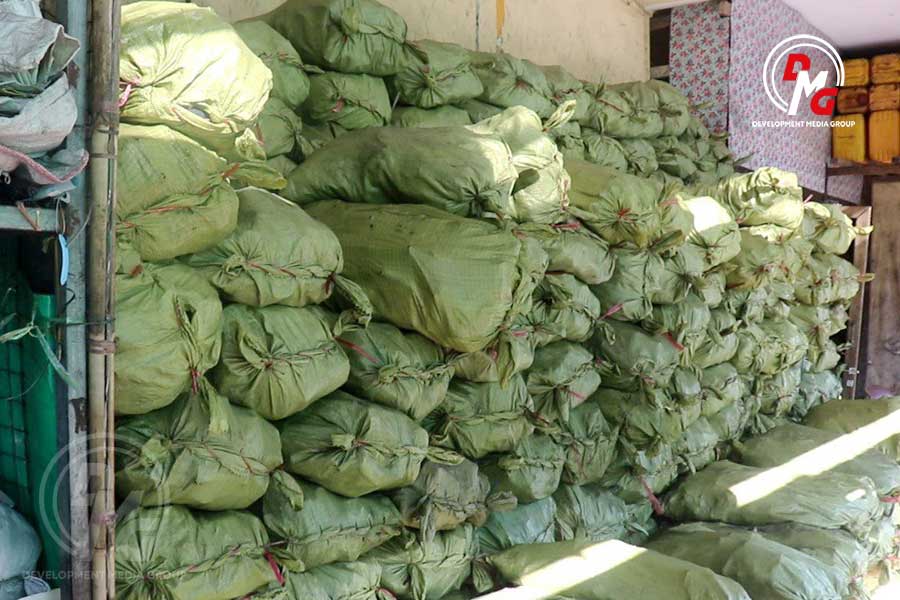







.jpg)
